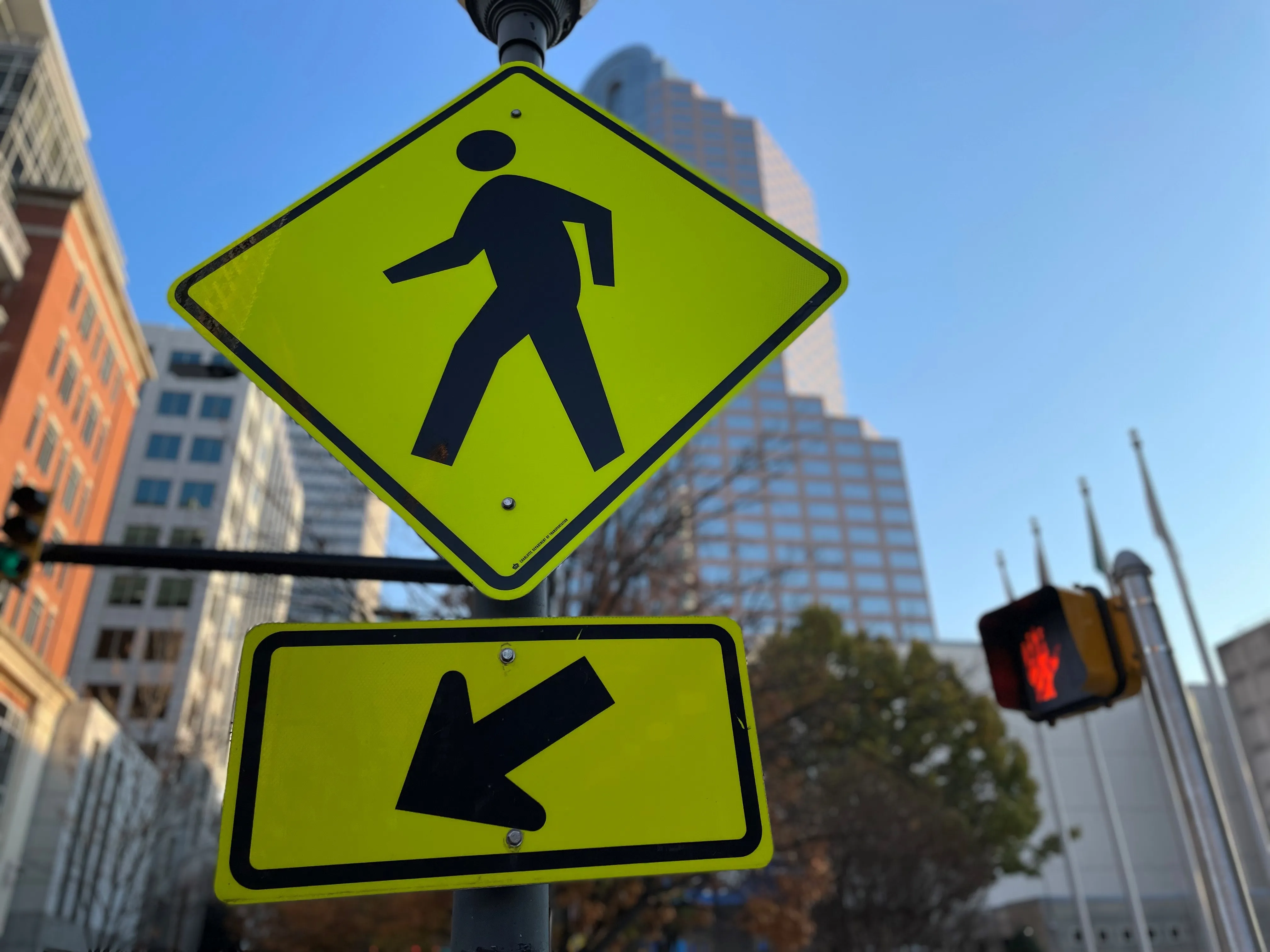The most recent America THINKS survey from civil engineering consulting and construction management firm HNTB examines the public’s views on the country’s current and future mobility trends, finding that many Americans fear the potential for local infrastructure failure and see a clear need for the industry to offer the spark of innovation moving forward.
The survey polled a random nationwide sample of 1,152 Americans in 2013 using an e-mail invitation and online survey.
Nine in ten (90 per cent) Ame
February 10, 2014
Read time: 2 mins
The most recent America THINKS survey from civil engineering consulting and construction management firm HNTB examines the public’s views on the country’s current and future mobility trends, finding that many Americans fear the potential for local infrastructure failure and see a clear need for the industry to offer the spark of innovation moving forward.
The survey polled a random nationwide sample of 1,152 Americans in 2013 using an e-mail invitation and online survey.
Nine in ten (90 per cent) Americans think at least one mode of US transportation needs a spark of innovation, and an overwhelming majority (93 per cent) think at least one US transportation mode is in need of repair.
A 95 per cent majority thinks it is important to rebuild physical infrastructure so it survives increasingly intense weather patterns; 59 per cent believes this construction is very crucial.
While many Americans see a need for a proactive attitude, with nearly two in three, or 65 per cent fearing that a local infrastructure failure will occur within a year, nearly seven in ten (69 per cent) think construction of physical infrastructure in the US is typically done after a natural disaster to repair damage rather than beforehand to prevent it.
In the world of wheels, nearly nine in ten Americans travel by car, with less than one in four using public buses and even fewer travelling on subways, light rail or bicycles. Asked how they would change their routine if local mobility were seamless, nearly two in three (63 per cent) think the modes of transportation in their area need to be more efficient, and more than half (53 per cent) think it is difficult to access different modes of transportation. Seventy per cent would alter their actions if local mobility was seamless, with many taking public transit more and driving less, with some even walking more.
Looking toward the future, with the rise of new technologies, many Americans think transportation should be different 20 years from now. Ideas range from more options for green travel, less reliance on personal vehicles and automated transportation to high-speed rail and self-driving cars.
The survey polled a random nationwide sample of 1,152 Americans in 2013 using an e-mail invitation and online survey.
Nine in ten (90 per cent) Americans think at least one mode of US transportation needs a spark of innovation, and an overwhelming majority (93 per cent) think at least one US transportation mode is in need of repair.
A 95 per cent majority thinks it is important to rebuild physical infrastructure so it survives increasingly intense weather patterns; 59 per cent believes this construction is very crucial.
While many Americans see a need for a proactive attitude, with nearly two in three, or 65 per cent fearing that a local infrastructure failure will occur within a year, nearly seven in ten (69 per cent) think construction of physical infrastructure in the US is typically done after a natural disaster to repair damage rather than beforehand to prevent it.
In the world of wheels, nearly nine in ten Americans travel by car, with less than one in four using public buses and even fewer travelling on subways, light rail or bicycles. Asked how they would change their routine if local mobility were seamless, nearly two in three (63 per cent) think the modes of transportation in their area need to be more efficient, and more than half (53 per cent) think it is difficult to access different modes of transportation. Seventy per cent would alter their actions if local mobility was seamless, with many taking public transit more and driving less, with some even walking more.
Looking toward the future, with the rise of new technologies, many Americans think transportation should be different 20 years from now. Ideas range from more options for green travel, less reliance on personal vehicles and automated transportation to high-speed rail and self-driving cars.










